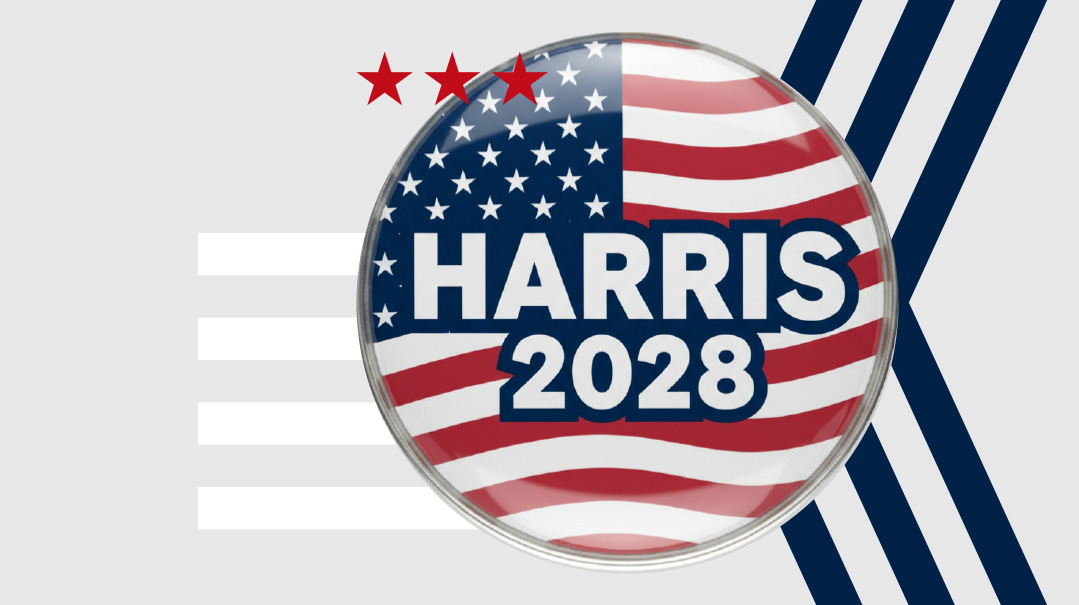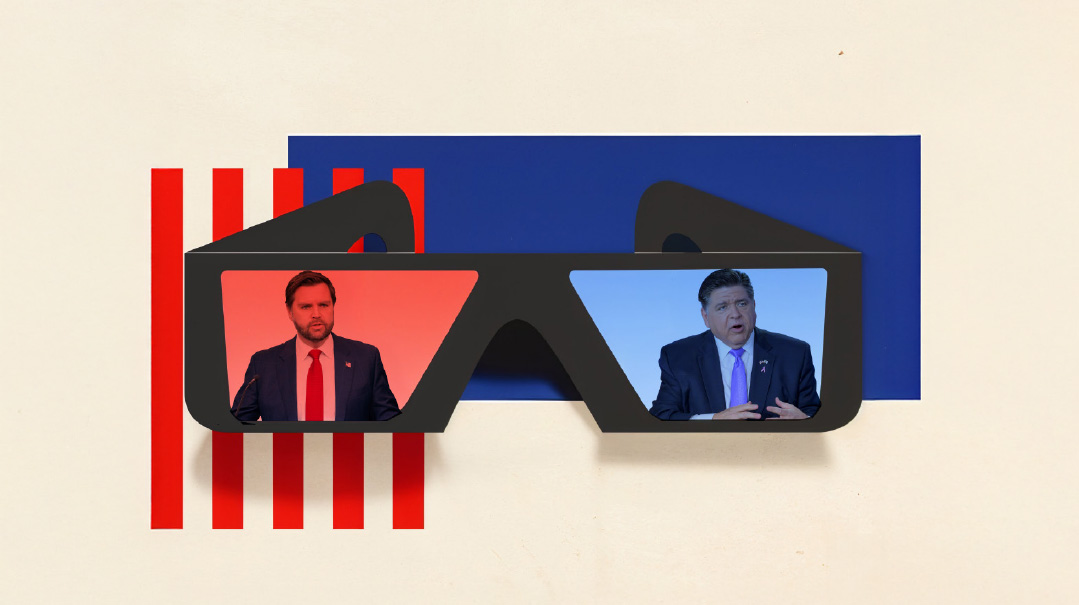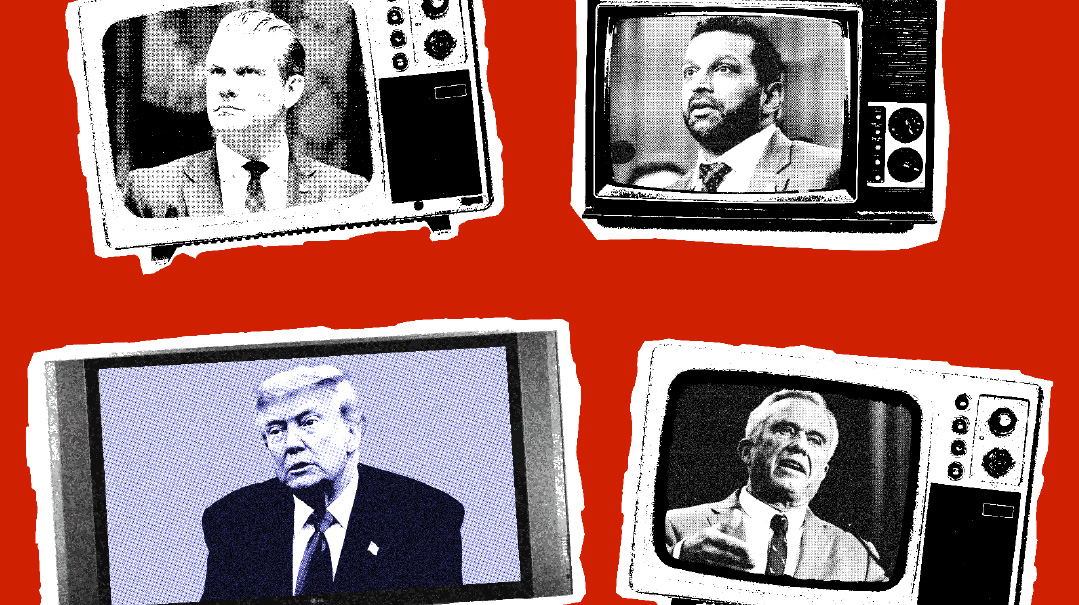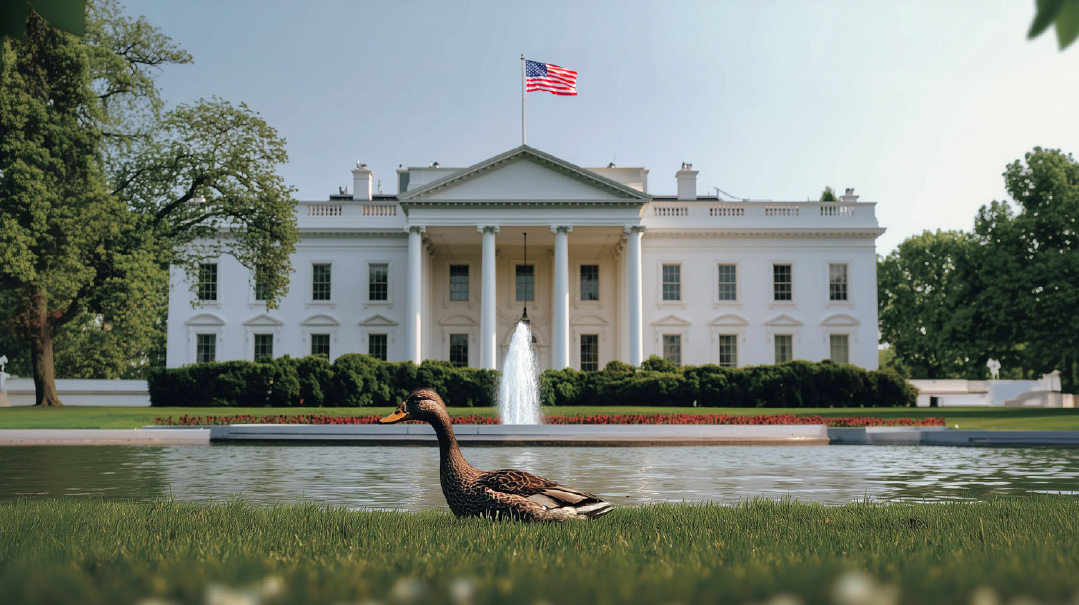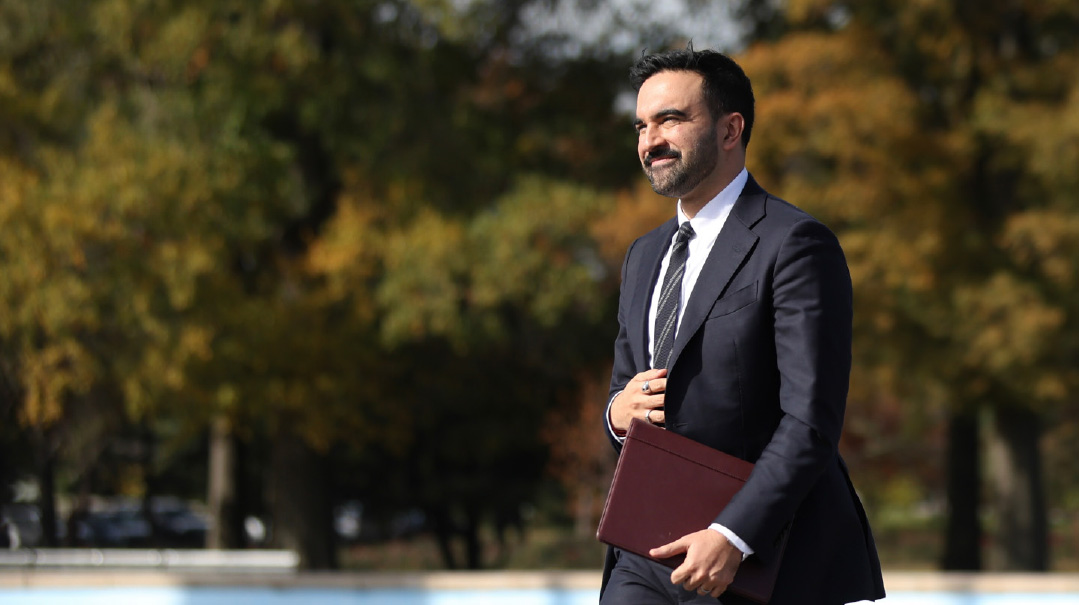Who Are the True Youth Voters in 2024?
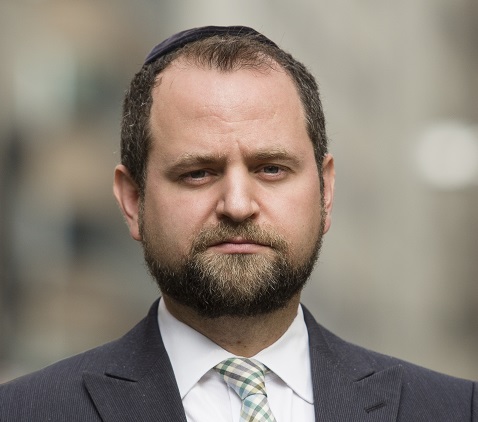
When it comes to the youth vote, do progressives have a future?

Photo: AP Images
Many analysts consider age to be the number one factor in this year’s presidential election. With two candidates competing to be the oldest president ever elected, it’s no wonder that their health, agility, and balance cause daily press feeding frenzies.
But maybe the actual focus should be on the other end of the age spectrum. Youth may be the “X factor” in this election — or perhaps we should call it the “Z factor.” Gen Z will be voting in the critical 18–24 demographic this November. These mostly new voters can’t be neatly tracked, categorized, or labeled. In an election so close that a new USA Today/Suffolk University poll shows Biden and Trump tied, these voters should prove critical. Who are they? Who will they vote for? Will they turn out? What does it mean for our community?
I can tell you who they aren’t: the protesters storming college campuses and inciting vitriol and monopolizing media attention. These college protesters are angry, anti-Israel, and hold radical left-wing positions. They aren’t voting for Trump. There are seemingly tens of thousands involved.
Based on the media coverage, one might think this vocal demographic speaks for all young people and that they represent a radical American youth obsessed with tearing down Israel. A new Harvard Youth Poll tells a different tale.
According to the poll, only 17% of respondents aged 18 to 29 expressed sympathy for Hamas, and when they were told Hamas is an Islamist militant group, support dropped to a lowly 13%. When asked about their top issues, only 2% said that the Israel-Hamas conflict was most important. These two findings alone indicate that what we are witnessing on college campuses is not reflective of the young people who will actually head to the polls in November.
Most enlightening, only 22% of respondents said they were attending university, either as undergraduates or graduate students. The college circus that you are witnessing definitively does not represent the youth vote, neither in terms of values nor the reality that a majority of American youth aren’t in college. That being said, let’s not kid ourselves — the youth vote will lean Democratic. But their moral compass is not pointed far left. So, if not these blustery college protesters, who are the actual decisive 2024 voters?
To answer that, let’s look at some numbers from 2020. The Center for Information and Research on Civic Learning and Engagement at Tufts University studied this question. They estimate that half of youth aged 18–29 cast a vote in 2020. Young women voted at a rate of 55%, compared to young men at 44%. Young white voters voted at a higher rate (61%) than Latinos (48%), Asians (47%), and black voters (43%).
These data points from four years ago only answer part of the question. Registration plays a more substantial role in the young vote than you can imagine. Did you know that 18 states now allow 16- and 17-year-olds to pre-register to vote? How many Gen Z voters are newly registered to vote, and how many checked the box in their sophomore or junior year of high school? This could amount to tens of millions of new voters. Who they are and what they care about is hard to predict. This is a “known unknown” in the calculations for 2024.
We know that this age group voted overwhelmingly for Biden in 2020. Some exit polls had Biden’s support in the 18–24 range at 65% to Trump’s 31%. And we know that polling continues to show Biden with a lead in this group in 2024.
But we also know that Biden has some troubling polling in this demographic. The same USA Today/Suffolk University poll had Biden leading Trump in the under 35 age by only 9 points, which can only be considered a win for Trump. However, how young right-wing voters think may differ vastly from 2020. For example, will young evangelical voters still support Israel in the same numbers? A new analysis by Tel Aviv University shows that support is dissipating.
What does this mean, practically, for our community? I can tell you that in our community, the enthusiasm in this demographic for voting is overwhelming. So many high schools in our community have prioritized voter registration efforts since 2020, and our youth have stepped up. Could the numbers be better? Definitely. It’s rare to find students who don’t want to vote, but it is common to find communities that don’t know how important it is to encourage these drives.
What about our students in the average beis medrash or seminary? Are these groups registered to vote? Not to the extent they could be. Our community’s organizational structure gives us an advantage over other voting groups. A registration push in these areas will have success similar to the high school voting drives.
Then we have the turnout question. The Harvard poll indicated that the economy is a major issue for young voters. Does the same hold true for our young voters? The average 24-year-old in America isn’t married with kids, whereas the average 24-year-old in our community is starting a young family. We have a different set of concerns, and our community infrastructure has to help educate our young voters on where candidates stand on Israel, anti-Semitism, education, religious freedom, and a host of other issues unique to our interests.
Gen Z will play a pivotal role in the 2024 election, and our community will be part of that calculation. It’s critical that we ignore the noise of campus agitators and do our part to get our young voters to the polls to exercise their civic responsibility for the very first time. —
Return to Political Normalcy?
Once upon a time, public officials had to resign over inappropriate behavior, suspend their campaigns because of plagiarism, or withdraw from a Supreme Court nomination because of financial indiscretion. Since Trump’s rise in 2016, many of the old rules of political civility have gone out the window. Elected officials facing all sorts of problems have been able to spin their way out of trouble.
Until this month. Governor Kristi Noem, a potential Trump VP candidate, has been called out by both right and left for accounts in her new book that include an admission that she killed her dog and a claim that she met with Kim Jong Un, which she later had to retract.
With Trump the notable exception, is this a return to normalcy? It’s certainly worth paying attention to. Noem’s chances at VP have evaporated.
(Originally featured in Mishpacha, Issue 1011)
Oops! We could not locate your form.


